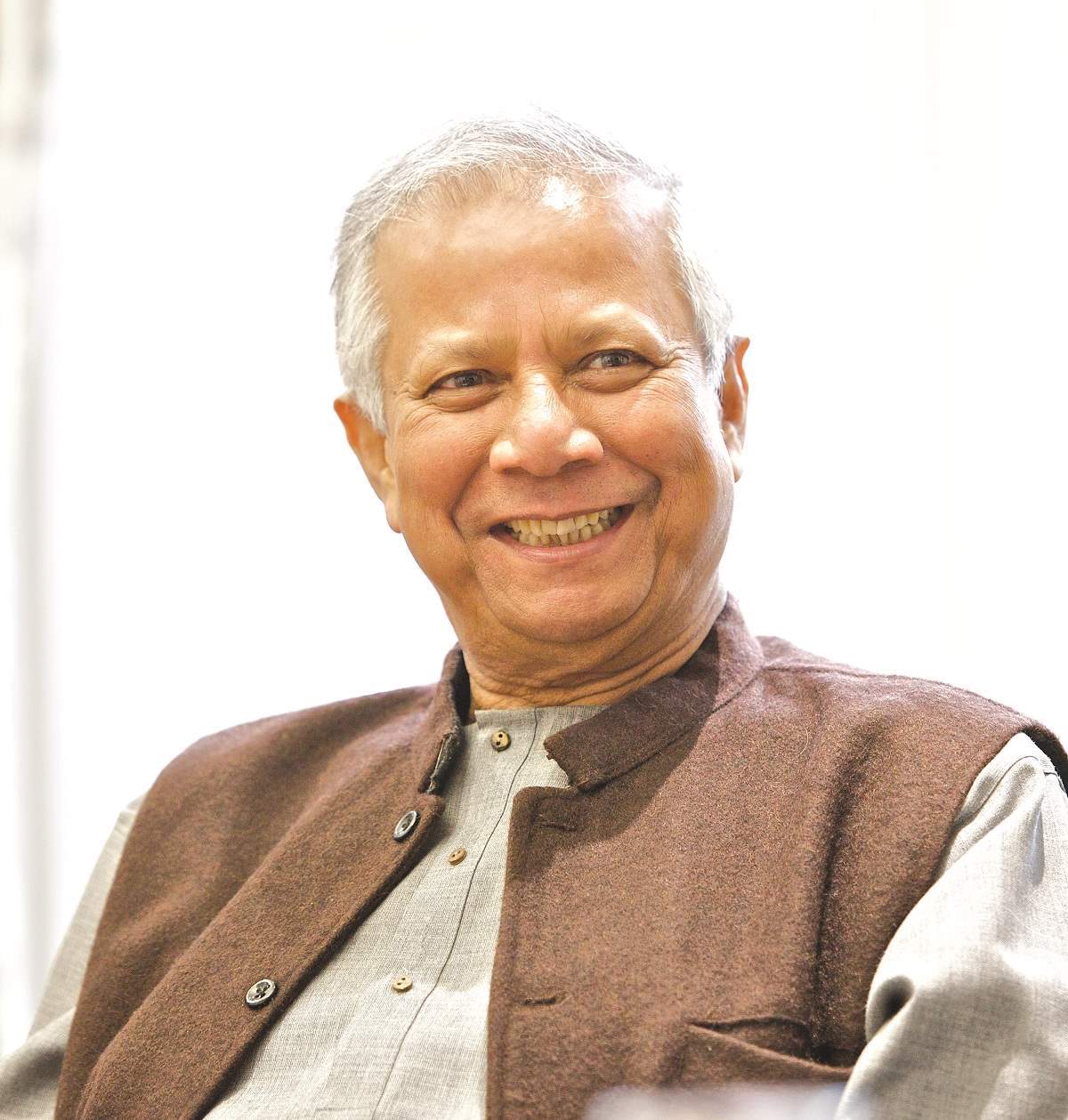The world has invented a new framework that combines aspects of social work and profit-making entities. This is a new concept that is coming to Jordan sooner than we all think.
اضافة اعلان
Historically our culture knows that those who do social work, like NGOs and some initiatives, are entities that do not make a profit. And those that do are often defined as unethical and as somehow breaking the law. Existing social entities in Jordan receive funds and donations to execute their goals; hence, they were limited to finding the latter to survive, which deprived them of sustainability, independence, and the leverage to grow and make an impact on their own.
 Nobel Peace Prize winner Muhammad Yunus at a summit hosted by the University of Salford, on May18, 2013. (Photo: Wikimedia Commons)
Nobel Peace Prize winner Muhammad Yunus at a summit hosted by the University of Salford, on May18, 2013. (Photo: Wikimedia Commons)
This brought the concept of the social enterprise to life, which allows entities to have a social goal and at the same time make a profit, without depending only on funds and donations. Companies that have that aim in Jordan have struggled with a lack of legislation to help them execute their social goals and gain profits, which forced them to find different loop holes in laws to survive.
Laws are made out of necessity, and today the local market is ready for this new hybrid in order to be able to reach their goals in compliance with international practice.
An example of a social enterprise was created by the father of social entrepreneurship in Bangladesh, Mohammad Yunus, who found that children were dying of starvation and a lack of nutrition in his country. He offered a solution (and a social goal for fighting hunger); Yunus designed a product that was affordable for the poor with high nutritional value at a cheap price. He had a social goal to fight hunger and at the same time made a lot of money selling a product.
In Jordan, we have the political will to establish a legal framework for social enterprises, Prime Minister Bisher Khasawneh established a knowledgeable committee that combined experience in international practices with local knowhow, to come up with a legal framework for social enterprises in Jordan.
The committee has been working together with the UNDP and Plan International (both as part of the committee) to come up with a policy that will provide the government with a method to establish an agile legal framework to regulate and help legalize the local market of existing social enterprises. They have researched the status quo in the Jordanian market, challenges involving access to finance, defined the stakeholders, studied the international treaties Jordan was a part of, and most importantly defined what could be named a social enterprise.
This work was led by the Ministry of Digital Economy and Entrepreneurship, the Ministry of Industry and Trade, the Ministry of Social Development and Legislation, and the Opinion Bureau, starting with the late government and now passed on to the current government, with a clear vision to open up Jordan to the international community of social and impact investments.
Now it is our chance to be part of the international community, and to be pioneers in the region in regulating social enterprises and bringing this hybrid concept to life.
Future articles will elaborate more on the different forms of social enterprises and how they can help in creating more jobs, boosting the economy, and providing a solution to working freely and safely under the rule of law.
Omar Eltaweel is a Jordanian lawyer, managing partner at Taweel & Co. Law firm, and enthusiastic about spreading awareness for a civil society.
Read more Opinion and Analysis





